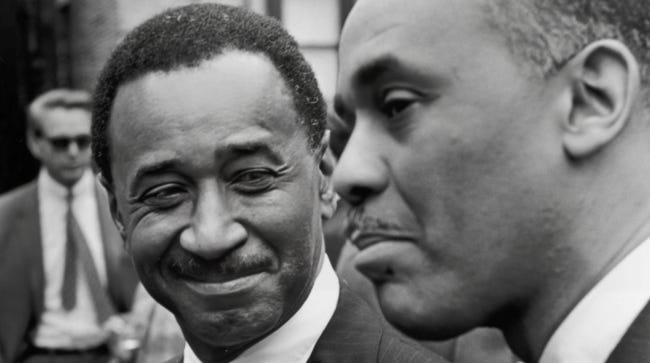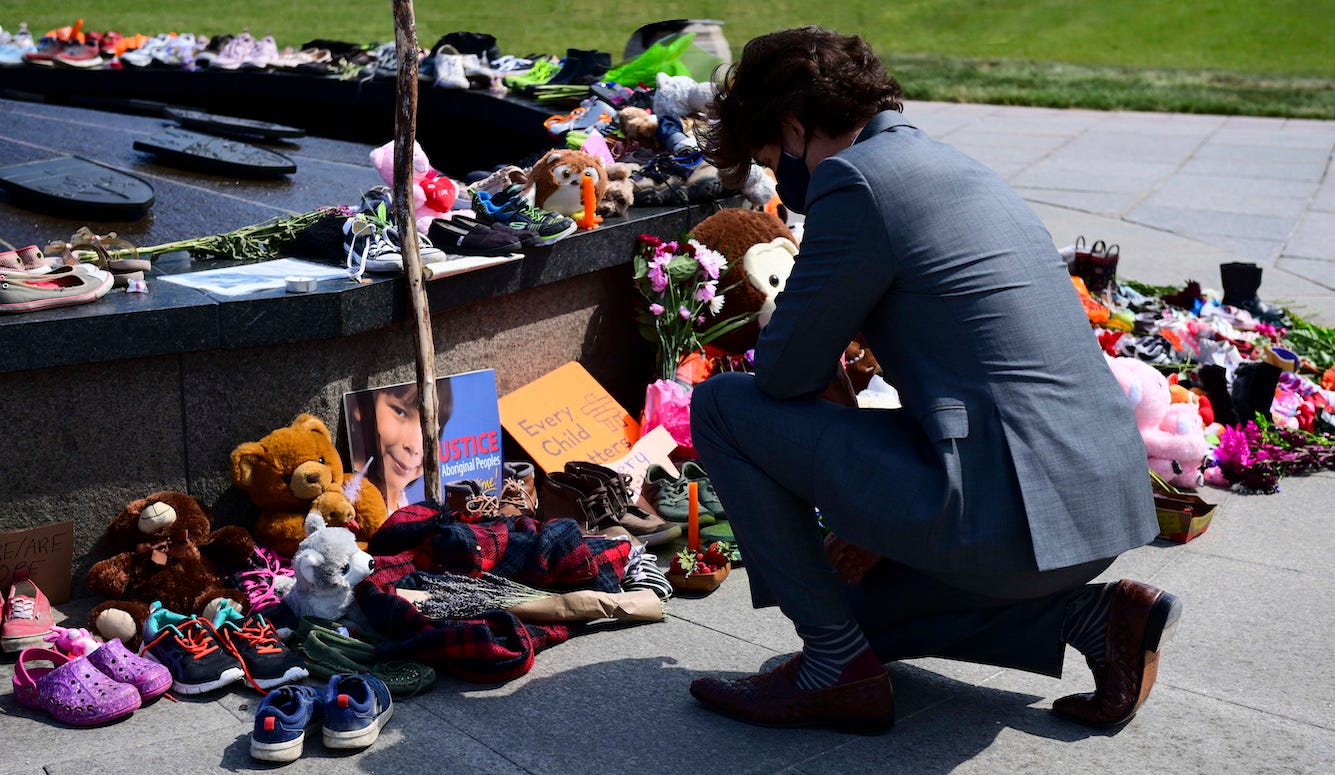Fighting Racism Through an Omni-American Vision
For the Jazz Leadership Project, FAIR Advisor Greg Thomas writes about how Ralph Ellison and Albert Murray separated race and culture in their thought.
I strongly believe that a critical step in fighting racism is clearly distinguishing culture from the idea of race. The conflation of race and culture accelerates confusion over American identity and blocks human fraternity and democratic action regardless of differences in beliefs, political allegiances, and lifestyles. This is a recurring theme for me, as in the polemical “Culture vs Race: American Identity Hangs in the Balance” and the more analytical follow-up essay, “Culture vs Race: The Problem and Promise of Values.” Racialization is the process by which so-called races come into being, so I’ve advocated for deracialization in this newsletter and elsewhere.
Last Thursday, for a virtual conference, “Abolishing Racism: Creating a Future without Race,” I elaborated upon my previous work in a paper titled “Deracialization and the Omni-American Vision." This excerpt from that presentation focuses on how Ralph Ellison and Albert Murray separated race and culture in their thought.
Four Years. Zero Graves. Now What?
For Quillette, FAIR Advisor Jonathan Kay writes about the false story that the remains of 215 Indigenous children had been found at a former school.
It’s a deeply unsettling cult of self-censorship that, to my knowledge, has no precedent in any other liberal democracy during my lifetime.
Needless to say, myths, social panics, and conspiracy theories spread regularly in all corners of the planet. But one typically can depend on mainstream media, politicians, and civic organisations to at least try to investigate and debunk such tall tales. With only a few exceptions—such as the National Post—that hasn’t happened in this case. The original media buy-in on the story was so hard, and so universal, that almost every single mainstream outlet risks public humiliation (not to mention accusations of “denialism”) if its journalists revisit the past.
S5 E4 | We Are All Miracles: A Liberalism and Faith series with Angel Eduardo
For The Institute for Liberal Values, Jennifer Richmond and FAIR’s chairman of the board Angel Eduardo continue their conversation on faith and liberalism.
Professor sues U. Illinois, claims it discriminated against him as a ‘white male’
For The College Fix, Samantha Swenson writes about a racial discrimination lawsuit alleging the University of Illinois Chicago fired a professor because he is a “white male” who criticized the institution’s racial hiring practices.
Leigh Ann O’Neill, managing director of legal advocacy at the Foundation Against Intolerance & Racism (FAIR), said cases like Kleinschmit’s are “unfortunately all-too-common.”
“Higher education has been a hotbed of discriminatory diversity, equity, and inclusion practices for years, and there’s often an unsettling attitude that our civil rights laws simply don’t apply to colleges and universities,” she stated in an email to The Fix. She explained, “Hiring based on race, skin color, or ethnicity has been illegal in America for decades, yet noting this fact out loud continues to draw ire, condemnation, and retaliation, as we see in what Professor Kleinschmit experienced.”
“Honoring true diversity should always be a welcome virtue within academia, and when universities engage in discriminatory practices in violation of Federal law and our constitutional rights, they undermine this important American tradition,” O’Neill said. She predicted that Americans will see more lawsuits like Professor Kleinschmit’s in the near future unless universities make changes.
The First Amendment Isn’t on Trump’s Side
For the Wall Street Journal, Greg Lukianoff writes about President Trump’s move to block the Associated Press from press events.
If the White House’s decision is allowed to stand, it will set a dangerous precedent. Other outlets may pull back on accurate reporting that displeases the president for fear of losing access. Future administrations would wield the same judicially sanctioned control over the flow of information, leaving the American public less informed about their government and less able to hold it accountable. The First Amendment doesn’t permit that result.
FAIR News Podcast
For audio versions of our FAIR News and FAIR Weekly Roundup newsletters, subscribe and listen to FAIR News Weekly on Apple Podcasts, Spotify, Google Podcasts, or via RSS feed.
Join the FAIR Community
Join us, and become a member of FAIR.
Become a FAIR volunteer, or join a FAIR chapter.
Sign-up for a Welcome to FAIR Zoom information session to learn more about our mission.
Share your reviews and incident reports on our FAIR Transparency website.









There's nothing wrong with being called an Indigenous grave 'denialist'. Yes, we deny there are any bodies there until they produce one. For the record, there are over 6,000 alleged graves of children supposedly 'found' by GPR and no bodies have been produced elsewhere, either. We know there *are* graves somewhere because kids died a lot at the residential schools (although not as much as many Indigenous claim) but there are NO Indigenous families who have reported a 'missing' child. There *have* been a few excavations permitted but no bodies were found, so now the bands won't allow any more. Suspish, as the kids say.